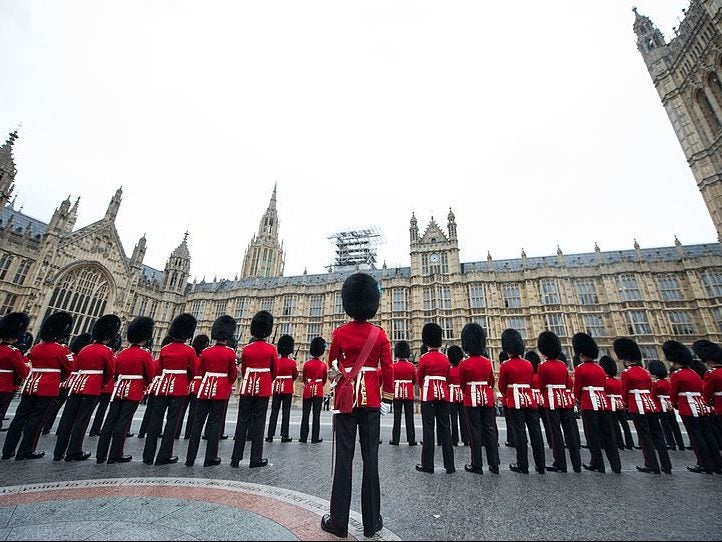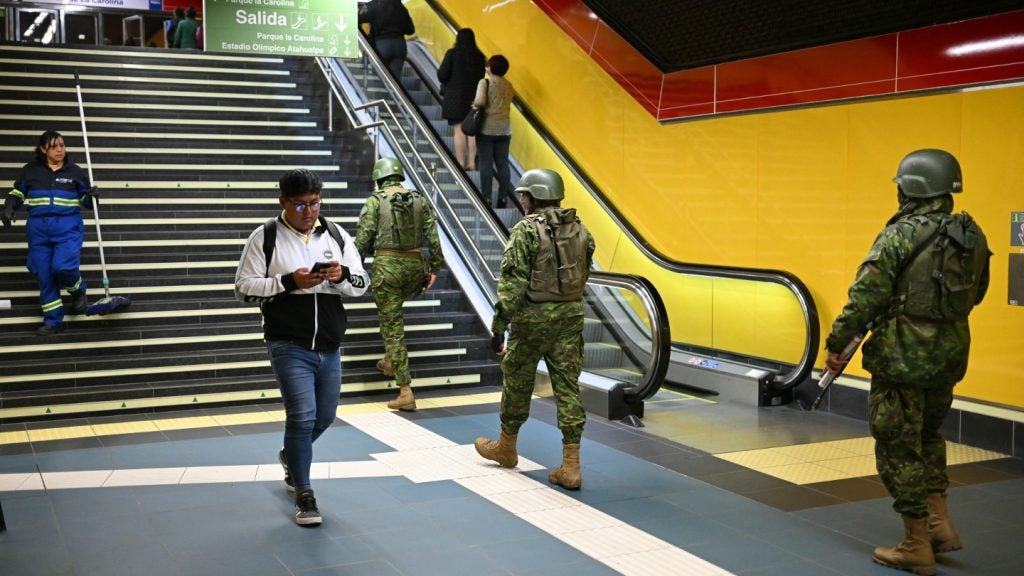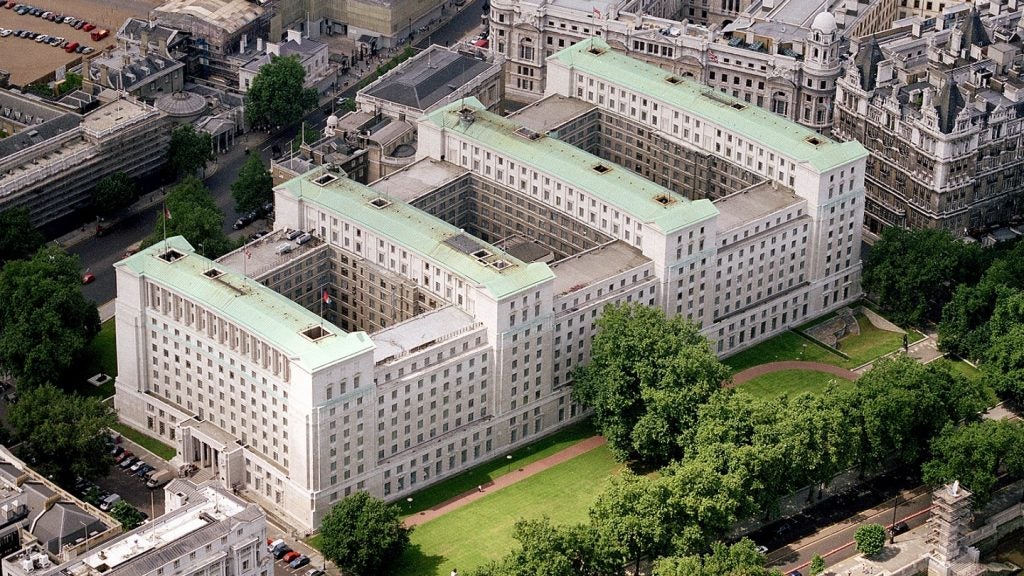
A report from the UK Parliament Public Administration and Constitutional Affairs Committee (PACAC) says MPs have a “widespread lack of knowledge and education” on military affairs.
The report calls for MPs to have greater access to sensitive information so they can make better decisions on military matters.
The Chair of the Committee, Sir Bernard Jenkin MP, said: “The decision to embark upon military action is the most serious that a country can take, and the ability to do so rapidly and with discretion when our national security is judged to be under threat should never be compromised.”
In the report, PACAC said: “In order to carry out good scrutiny, members of parliament need to have sufficient knowledge and understanding of defence and foreign affairs issues. They also require access to the information necessary to carry out effective scrutiny.”
PACAC also expressed its concerns over the “lousy” quality of debate on military matters caused by MPs’ lack of expertise. The report said: “One of the most striking and concerning issues raised in our inquiry was the view expressed by the former leaders of the armed forces that politicians, both in government and in Parliament, were uninformed, under-educated and under-prepared to debate the issues surrounding international conflict.”
Jenkin added: “For their part, every member of parliament must keep themselves fully informed of defence and foreign affairs matters with the utmost seriousness. It should be viewed a central part of the job we were elected to do.”
How well do you really know your competitors?
Access the most comprehensive Company Profiles on the market, powered by GlobalData. Save hours of research. Gain competitive edge.

Thank you!
Your download email will arrive shortly
Not ready to buy yet? Download a free sample
We are confident about the unique quality of our Company Profiles. However, we want you to make the most beneficial decision for your business, so we offer a free sample that you can download by submitting the below form
By GlobalDataThe report also reaffirms Parliament’s place in authorising the use of the UK’s Armed Forces, a convention that has stood since the 2003 invasion of Iraq. The UK solidified the convention with a 2013 vote on military action in Syria.
In 2018, then Prime Minister Theresa May authorised air strikes against the Islamic State without seeking the approval of Parliament, sparking a debate on the relationship between the government and Parliament on the use of military force.
In the report, PACAC said: “Parliament’s role should be strengthened, but the government’s ability to act should not be compromised.”
The government’s ability to make swift decisions is crucial to national security, as prolonged debates can delay action. The report, therefore, makes clear that the government must make decisions that Parliament can support.
The committee added: “Where military action is taken under an exception to the post-2003 convention of prior consultation with the House of Commons, the government should, at the earliest feasible moment, make a statement to the House and, where necessary, seek retrospective approval.”
A spokesperson for the government said: “We thank PACAC for their work on this report and agree that the decision to embark upon military action is the most serious that a country can take.
“PACAC themselves have specified that it is absolutely critical for the government to make rapid, discreet decisions when our national security is judged to be under threat – it is for this very reason that we believe our current constitutional balance is correct.”
The power to deploy the UK’s Armed Forces derives from royal prerogative, technically giving the monarch charge of the armed forces, but the government exercises this power on the monarch’s behalf.
PACAC launched the inquiry into how military force is authorised in January this year as part of a wider investigation into Parliament’s place in the UK constitution.
Their inquiry did not consider Trident, the UK’s nuclear deterrent. The decision to authorise Trident lies with the Prime Minister and not Parliament.
PACAC is an all-parliamentary group set up to scrutinise the workings of the government.







